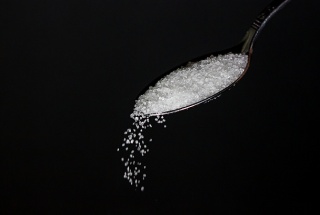Latest from the Austaxpolicy blog

Grattan Institute’s case for sugar tax is not proven
1 May 2017 by Jonathan Pincus
In a recent paper from the Grattan Institute, A sugary drinks tax: Recovering the community costs of obesity, Report No. 2016-15, Stephen Duckett and Hal Swerissen put their argument for an excise tax of 40 cents per 100 grams of sugar, on all non-alcoholic, water-based drinks that contain added sugar, or sugar-sweetened beverages, SSB for short. There may be a convincing case to be made for such a tax, but Duckett and Swerissen have not made it.
My paper does not attempt a comprehensive assessment of the proposed tax, but only to assess the quality of the case made by Duckett and Swerissen. Unfortunately, in their narrowly based assessment they made serious errors, both conceptual and quantitative; hence my judgment of ‘Not Proven’.
The usual way to assess such a proposal is to try to quantify the major effects, so as to test whether the benefits are likely to exceed the costs. For public policy purposes, consideration should also be given to what groups will bear the costs and who will enjoy the benefits. This is standard fare of cost-benefit analysis of a kind expected for any serious policy proposal.
The benefits of the tax would include the following, with the bold parentheticals indicating whether or not Duckett and Swerissen quantified the item; I have listed the items in order of my guess of likely magnitude:
Read the full article at Austaxpolicy blog.
Updated: 21 November 2024/Responsible Officer: Crawford Engagement/Page Contact: CAP Web Team










